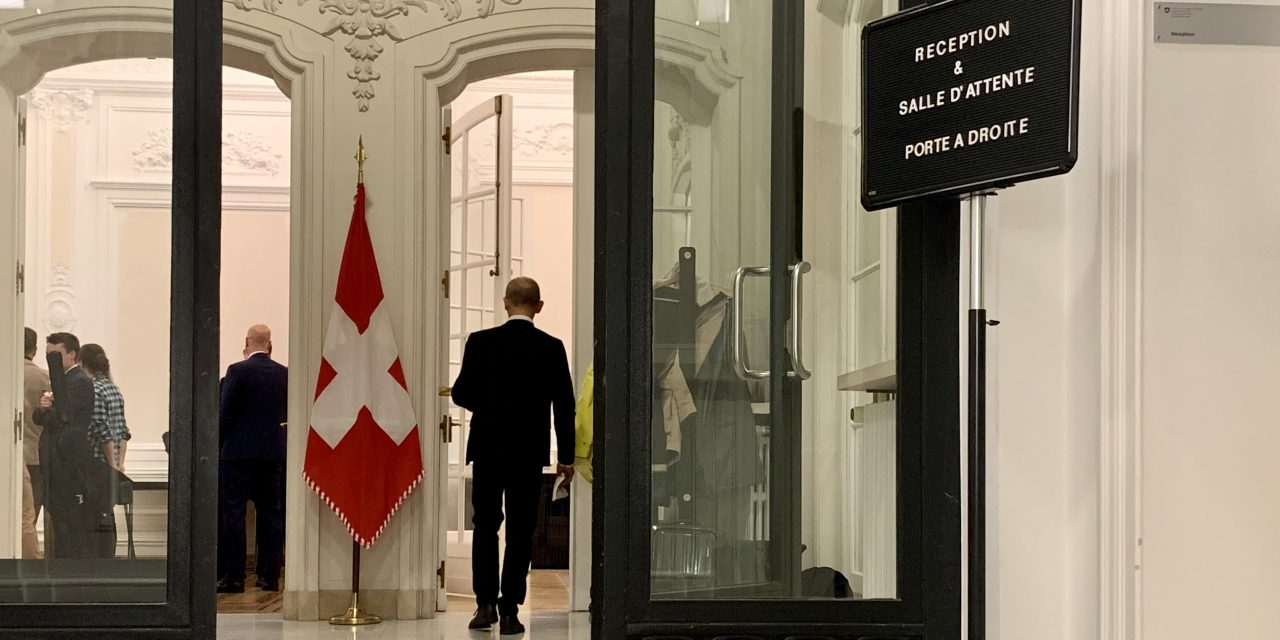The European Union’s Erasmus+ program is celebrated for its promotion of educational mobility and experiences for students. However, the program’s financial challenges often overshadow its benefits. While the program provides support, it struggles to keep pace with escalating costs, leaving students from diverse economic backgrounds facing financial difficulties.
Studying abroad offers numerous advantages, including exposure to new countries, languages, and cultures, the opportunity to build international friendships and develop adaptability. According to the annual report, in 2021, the number of participants in Erasmus+ mobility activities exceeded 648,000, demonstrating a steady increase since the program’s establishment in 1987. However, the financial burden on students raises questions about the feasibility of mandating exchange semesters.
Belgium: A microcosm of European struggles
With 279,000 students currently enrolled in higher education, Belgium exemplifies the financial challenges faced by exchange students. The International Student Housing Report 2023 reveals that over 20 % of students reported paying more than 600 € per month and 23 % between 301-400 € for accommodation. The average Erasmus+ grant is lower than 400 €. Additionally, food expenses in Belgium average between 300 and 400 €. These figures do not include costs for public transport, events, and study materials.
“We will have to have some discussion about how to revise this grant system because it’s actually not fulfilling the whole student needs.”
Although Erasmus+ grants range from 292 to 606 € for students moving from one country with medium living expenses (e.g., Belgium, Netherlands, Germany) to another one, the reality is that alone the cost of accommodation often exceeds this amount. Tanguy Guibert, vice-president of the European Student Union (ESU) calls for a more comprehensive approach: “We will have to have some discussion about how to revise this grant system because it’s actually not fulfilling the whole student needs.”
Housing crisis and beyond

Nadège Widmer speaking at the Swiss Embassy on November 8th. (photo: Eva Unterrainer)
ESU and ESN’s 2023 research paper highlights the housing struggles of international students. Guibert describes the results as “catastrophic”, with a quarter of the students reporting scams and many having to pay exorbitant amounts for accommodation. Financial challenges extend beyond housing to the limited job opportunities available during the short exchange period. Nadège Widmer from VSS, the Swiss Student Network, like Guibert advocates for a reform of the Erasmus+ program: “I think the program has a lot of work to do in its accessibility and inclusivity. There is still this problem that more people from a more privileged background can access going on an exchange because of the financial means.”
The Green Erasmus Dilemma
The environmental impact of exchanges is also a significant consideration. While sustainable travel options like train journeys are encouraged, the current 50 € top-up offered by Erasmus+ fails to cover the higher costs and longer travel times. The “Erasmus for all” project, in which various European higher education stakeholders participate, aims to examine semester-long study mobility, and make exchange semesters more accessible for all. “We are currently looking at how the grant calculations could be different to consider the costs of the host institution when students go abroad and link this to different socio-economic situations. We are also working on ensuring that there is support for green travel, that it is meaningful and not just 50 €”, says Katrīna Sproģe from the European University Foundation. EUF is working to increase student mobility, but there is still a long way to go. Katrīna states, “We are very far from the targets that we had set as the EU and European Higher Education Area. We are miles away from mobility being mandatory.”
Comprehensive reforms are necessary to ensure the inclusivity and accessibility of Erasmus+ exchanges. It is essential to revisit the financial structure. Only then can Erasmus+ fulfil its promise of enriching experiences for all.
An open door for Switzerlands comeback to Erasmus+

Education Reception on Erasmus+ and Switzerland at the Swiss Embassy in Brussels. (photo: Eva Unterrainer)
While the previous article discusses Erasmus+’s challenges, the following field report from an event hosted by SwissCore outlines positive steps for Switzerland’s return to Erasmus+ and points to a brighter future for education cooperation.




